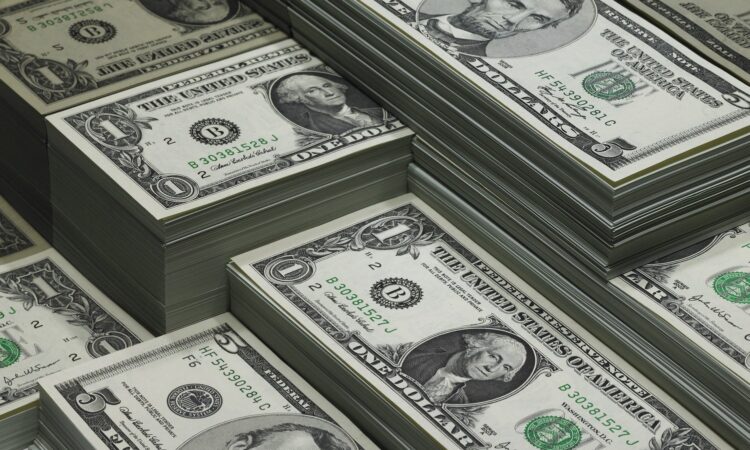
Certificates of deposit (CDs) are a good choice for those in search of a low-risk earnings-generating savings product for cash you don’t need immediately. CD rates rose modestly over the past week, according to data from Curinos, even in the midst of a rate hike pause by the Federal Reserve.
Three-month CD rates
Rates on three-month CDs have increased from a week ago. The national average rate was 0.97% as of July 14, 2023, the latest data available, up five basis points from the previous week and up nine basis points from a month prior.
The current national high for a three-month CD is 5.83%, which would earn more than $355 in interest with a $25,000 deposit.
Six-month CD rates
The top six-month CDs can offer the best of both worlds: strong interest rates and a short-term commitment.
The national average APY for six-month CDs is 1.38%, from 1.37% last week and eight basis points from one month ago.
The current top national rate for a 6-month CD is 5.41%, according to the data available from Curinos. But you may be able to find better deals by shopping around.
You’d earn almost $670 in interest if you put $25,000 in a six-month CD with a rate of 5.41%.
One-year CD rates
If you’re up for setting aside your savings for a full year, you’ll be able to pick up even more impressive rates. One-year CDs can give you returns as high as, or even higher than, longer-term options.
Rates on 12-month CDs are moving up. The national average APY is 1.64%, up one basis point from last week and seven basis points from a month before.
The current national high for a 12-month CD is 5.37%, which would earn roughly $1,340 in interest with a $25,000 deposit.
Two-year CD rates
Interest rates on CDs with longer terms, such as those spanning two years, are also on the rise.
The national average APY is 1.54%, a one basis point jump from last week and up three basis points from one month ago.
Right now, the highest national rate for a 24-month CD is 5.15%, which would earn nearly $2,650 on $25,000 in savings.
Three-year CD rates
The national average APY for a three-year CD stands at 1.49%, which is up one basis point from last week and up three basis points from a month ago.
The highest rate was 5.20%, which would net almost $4,105 in interest if you invested $25,000.
Methodology
To establish average certificate of deposit (CD) rates, Curinos focused on CDs intended for personal use. CDs that fall into specific categories are excluded, including promotional offers, relationship-based rates, private, youth, senior, student/minor, affinity, bump-up, no-penalty, callable, variable, step-up, auto transfer, club, gifts, grandfathered, internet-only and IRA CDs. The average CD rates quoted above are based on a $25,000 deposit.
Frequently asked questions (FAQs)
Generally, the earnings you make from your CDs are considered taxable income by the IRS. If you earn $10 or more, the financial institution should send you (and the IRS) a yearly 1099-INT form reporting your interest earnings. Even if you don’t receive a form, you’re still required to report the income.
For earnings of at least $1,500, you’ll need to itemize your interest income sources on Schedule B of the 1040 form. The silver lining is that there are some exceptions, but they mainly apply to government-issued investment vehicles.
The tax amount you pay depends on your specific marginal tax bracket.
Interest income from treasury bills, notes, and bonds, like I bonds, is exempt from state and local income taxes.
CD rates change on a regular basis, but the higher the better. As of July 14, 2023, the national average interest rate for a 12-month CD sat at 1.64 % APY, according to data from Curinos. But you can find plenty of banks advertising APYs well above this average, especially if you take a look at the top contenders in our ranking of the best CD rates.
A basis point is the term used to describe one hundredth of one percentage point. Therefore, if the yield on a CD increased from 1.50% to 1.60%, it increased by 10 basis points.





